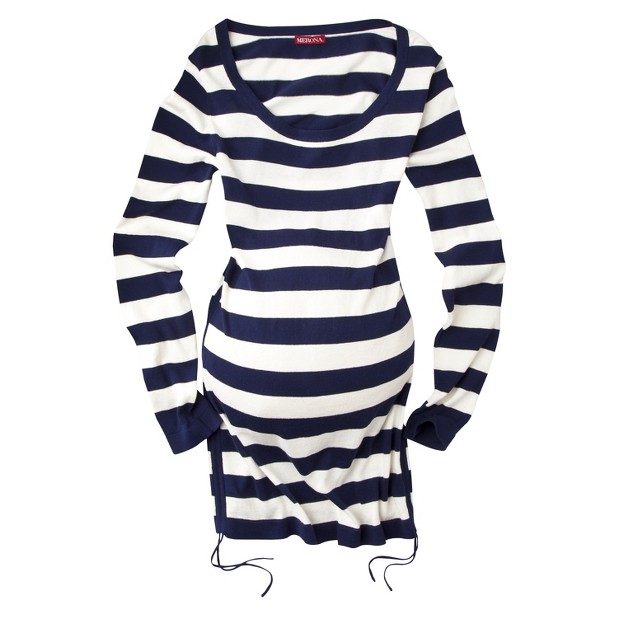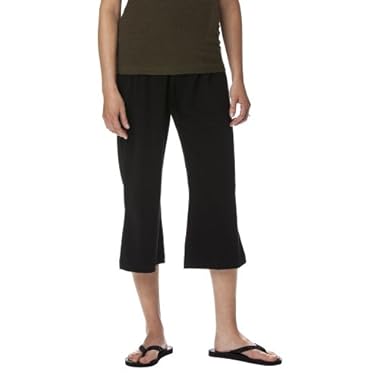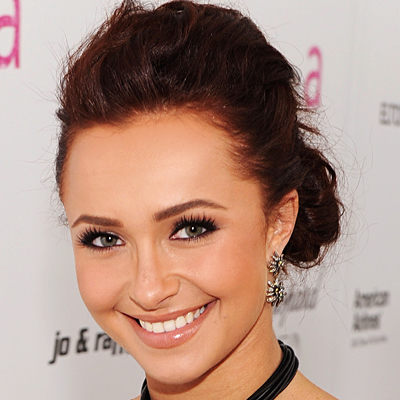Although you may put “hair loss” and “pregnancy” together, it is usually after birth that women begin to notice their hair is falling out at a faster rate than usual. During pregnancy, on the contrary, a woman’s hair tends to be fuller and more luxurious than usual! If you are experiencing unusual hair loss during pregnancy, this may be due to a vitamin or mineral deficiency.

American Pregnancy explains that this condition actually has a name: Telogen effluvium is the excessive shedding of hair that occurs one to five months following pregnancy. It affects almost half of all childbearing women, but like most changes during pregnancy, it is temporary.
If you are concerned about thinning hair, American Pregnancy recommends a few things you can do to reduce hair loss after pregnancy:
- Consult with your health care provider to ensure a proper balance of hormones
- Avoid pigtails, cornrows, hair weaves, braids and tight hair rollers which can pull and stress your hair
- Eat a diet high in fruits and vegetables, which contain flavonoids and antioxidants that may provide protection for the hair follicles and encourage hair growth
- Use shampoos and conditioners that contain biotin and silica
- Hair is fragile when it is wet, so be gentle; avoid fine tooth combs
- If you need to use blow dryers and other heated hair instruments, try to use the cool setting
- Supplement your diet with the following nutrients:







































































